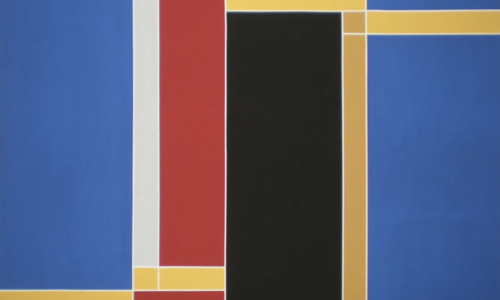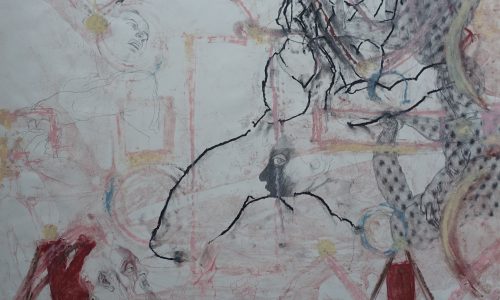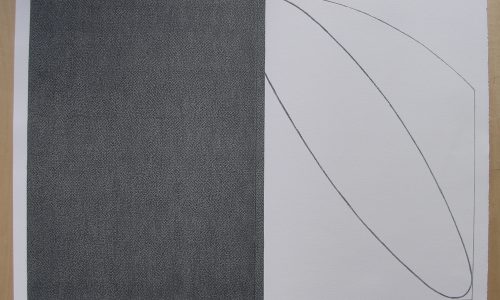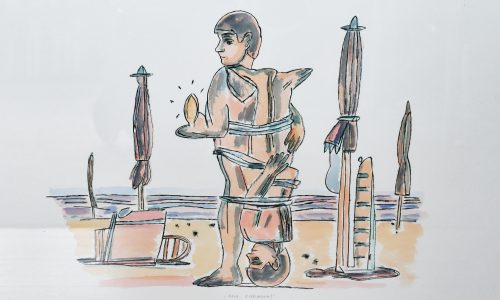
Willem Mengelberg, the renowned conductor of the Amsterdam Concertgebouw Orchestra, was enraptured by Mahler’s music upon witnessing the first performance of his Third Symphony in Krefeld (G) in 1902. From that moment on, he fervently championed Mahler’s music, hailing him as “the Beethoven of his time”. Mengelberg’s unwavering dedication to introducing Mahler’s music resulted in him attaining a prominent position in both The Netherlands and Europe, surpassing his contemporaries in this regard.
Multiple times, Mengelberg endeavoured to persuade Mahler to conduct his own works in Amsterdam. This aspiration was partly realized in 1903, 1904, 1906 and 1909, during which the composer resided with the Mengelbergs in their home. However, due to his numerous commitments elsewhere, Mahler often had to decline Mengelberg’s invitations to conduct.
Mengelberg’s resolve in promoting Mahler’s music should not be disregarded. During that time, a significant portion of the audience would leave the concert hall to protest against Mahler’s music, which was often subjected to ridicule by critics. Undeterred, Mengelberg firmly believed in Mahler’s genius, inspiring him to endure in his tireless efforts, even if it meant going against the current. Eventually, after years of perseverance, a ‘Mahler community’ emerged in The Netherlands, laying the foundation for the tremendous success of the ‘Mahler Feest’ in 1920, garnering global recognition. In the 1920s, Mengelberg, now also the conductor of the New York Philharmonic, continued his crusade to introduce Mahler’s music to the American audience.
Mengelberg stands as one of the primary pioneers of Mahler, deserving a special place of honor in our memory. His relentless dedication to familiarizing a wider audience with Mahler’s music significantly contributed to the international Mahler culture of that era.
Willem Mengelberg, the renowned conductor of the Amsterdam Concertgebouw Orchestra, was captivated by Mahler’s music when he attended the premiere of his Third Symphony in Krefeld (G) in 1902. He immediately took it upon himself to promote Mahler’s music, declaring him as “the Beethoven of his time.” Through his tireless efforts, Mengelberg gained a prominent position in both the Netherlands and Europe, surpassing other contemporary conductors in his commitment to introducing Mahler’s music.
The Willem Mengelberg archives, housed in the Netherlands Music Institute, hold a wealth of materials including his conducting scores. These scores are marked with colorful annotations that offer insight into Mengelberg’s interpretation of the works. Many of these scores also feature instructions and remarks from Mahler himself, providing tangible evidence of the close relationship between the two great musicians.
Why focus on Mengelberg in this blog? It was nearly 20 years ago, well before the surge of elaborate publications such as those by Newton and Araki, that a remarkably large and impressive book was published for the Mengelberg Festival 1995. Weighing over 5 kilograms and encased in a blue linen covered container, this publication includes a text volume and a separate volume featuring Mengelberg’s musical scores complete with his annotations. What makes this facsimile even more special is that it was designed by one of my personal heroes, Wim Crouwel. This publication will remain in high demand for many years to come and is a rare find. I am pleased to offer two pristine copies from a remainder stock on www.ftn-books.com.

























































